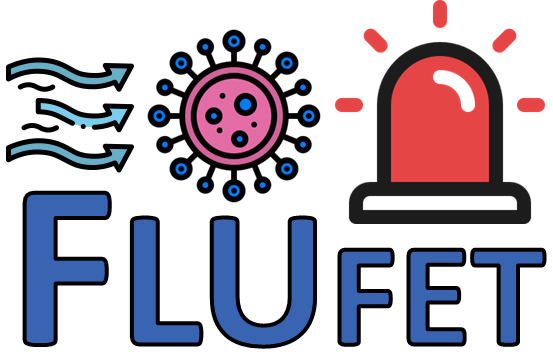Consortium
The project requires an interdisciplinary consortium that includes partners from computational biophysics, graphene technology, nanotechnology, sensing, microfluidics, virology, surface engineering and sensor design and electronics.
That is why Dr. Criado will coordinate the teams from Spain, Italy, Portugal and Finland participating in the project from A Coruña.

FLUFET’s Consortium
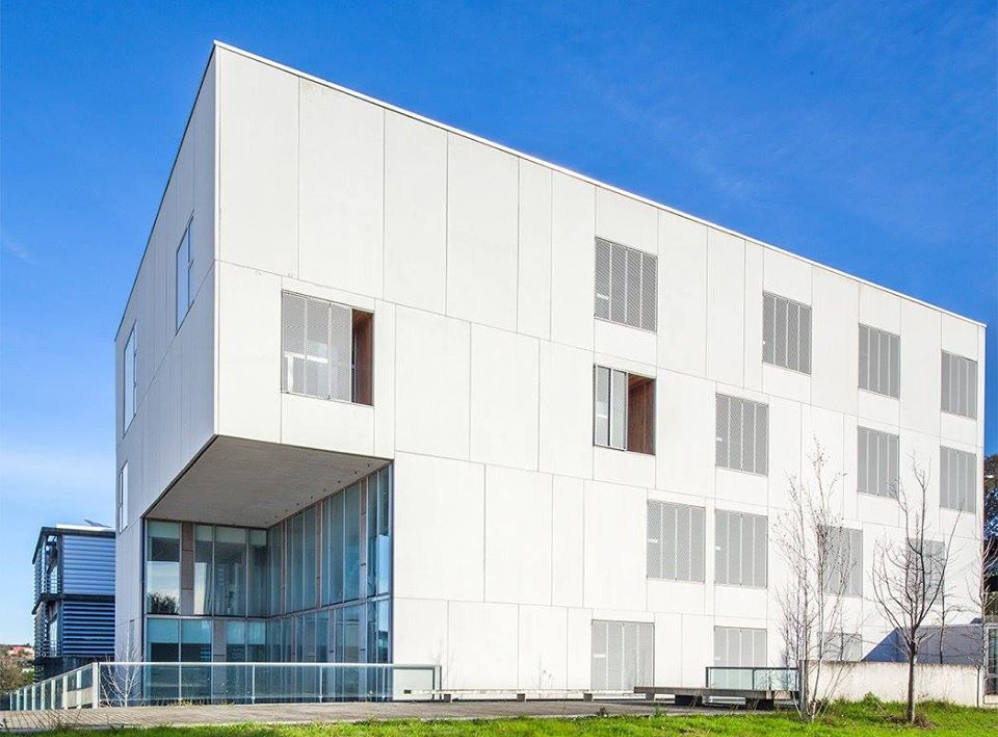
CICA
University of la Coruña (UDC) is located in the northwest of Spain at Atlantic coast. One of the main focus of this university is Science and Technology.
At the forefront of innovative research within the UDC is the Nanoself research group, a dynamic team dedicated to pushing the boundaries of knowledge in supramolecular chemistry, chemical biology, and nanotechnology.
Leading the group's efforts are two Ramón y Cajal assistant professors, Dr. Alejandro Criado and Dr. Jesús Mosquera. Nanoself operates from the state-of-the-art facilities at the Interdisciplinary Center of Chemistry and Biology – CICA, at the Universidade da Coruña.
The multidisciplinary environment at CICA fosters collaboration and innovation, providing an ideal setting for groundbreaking research.
Currently, Nanoself is actively engaged in the FLUFET project, demonstrating our commitment to addressing contemporary challenges through advanced scientific exploration.
Our primary focus lies in the development of nanomaterials, with a special emphasis on their applications in the biomedical field.
For a deeper insight into our projects and achievements, we invite you to explore our dedicated webpage at https://nanoselflab.com.
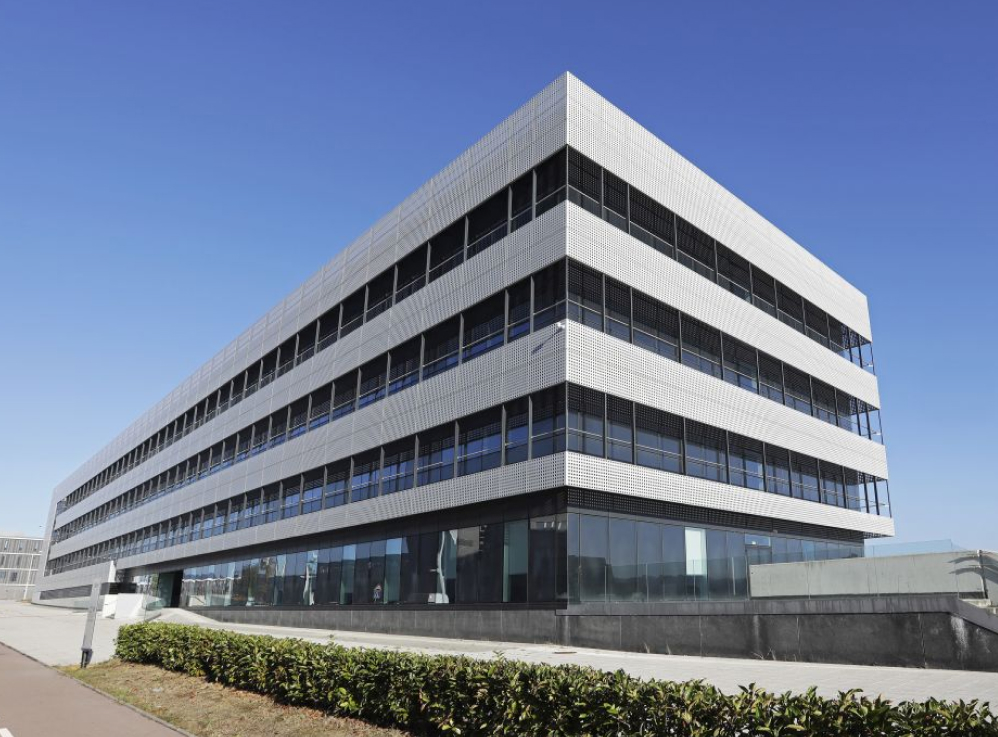
BCMaterials
The Basque Centre on Materials, Applications and Nanostructures is an autonomous research centre launched in June 2012 as a strategic initiative of Ikerbasque, the Basque Foundation for Science, and the University of the Basque Country (UPV/EHU), one of the largest Spanish Universities.
It belongs to the Basque Excellence Research Centres (BERC) network and its mission is to generate knowledge on the new generation of materials, turning this knowledge into (multi) functional solutions and devices for the benefit of society.
BCM covers all aspects from the study from fundamentals of new materials to their applicability in different fields: (i) Active and smart materials, (v) Micro and Nanostructured materials. (ii) Advanced functional materials and surfaces, (iv) Micro and nano-devices. BCMaterials develops, evaluates, understands and implement materials for sensors and actuators which are critical for the internet of Things and Industry 4.0. Additionally, BCMaterials research on materials for advanced biological and biomedical applications, materials for energy storage and generation, and materials for environmental sensing and remediation, among others, paradigm fields that are shaping modern technological drives.
The centre has fully equipped laboratories devoted to the synthesis of inorganic, organic and inorganic-organic materials, and to their full characterization in terms of their structural, chemical, optical, textural, porous, mechanical, and electrical properties. We have also the necessary infrastructure for device fabrication and testing, as well as access to the General Research Services of the UPV/EHU.
In the present project, the Ikerbasque Professors Senentxu Lanceros-Mendez and Javier del Campo will lead the different contributions.
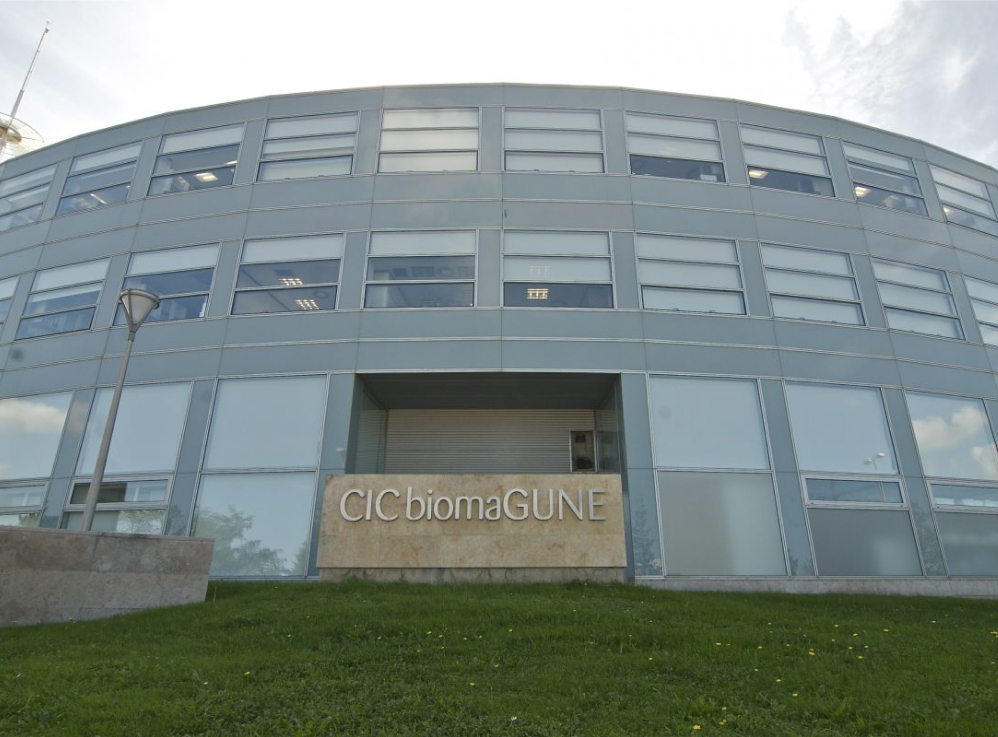
CIC biomaGUNE
CIC biomaGUNE is located in the northeast of Spain on the Atlantic coast.
CIC biomaGUNE is a non-profit research organisation created to promote scientific research and technological innovation at the highest levels in the Basque Country following the BioBasque policy, in order to create a new business sector based on biosciences.
Located in the Science and Technology Park of Gipuzkoa (Donostia/San Sebastián, Spain), the activity of CIC bmG is conducted by 11 international and dynamic research groups (4 of which are ERC grantees), which develop groundbreaking research at the interface between chemistry, physics and biology, with particular emphasis on the properties of nanostructures and biomaterials, and their applications in biomedicine.
The final aim of CIC bmG’s research is to contribute to the local, Spanish and European economy, by generating knowledge that can be translated into high-value commercial products.
The main research lines deal with the design, preparation and characterisation of biofunctional nanostructures and their in vitro and in vivo settings, to understand biological processes and develop innovative biomedical tools.
Prof. Maurizio Prato (ERC-Advanced grantee) is the leader of the Carbon Bionanotechnology group with main focus on the design and synthesis of tailored carbon nanostructures for bio-nanotechnology applications and solar energy conversion through biomimetic approaches.
The group explores new synthetic protocols and new analytical methods, enabling innovative, controlled and reproducible ways toward the designer functionalization of carbon nanostructures, such as fullerenes, carbon nanotubes, graphene and carbon nanodots.
For a deeper insight into our projects and achievements, we invite you to explore our dedicated webpage at http://personal.cicbiomagune.es/mprato/.
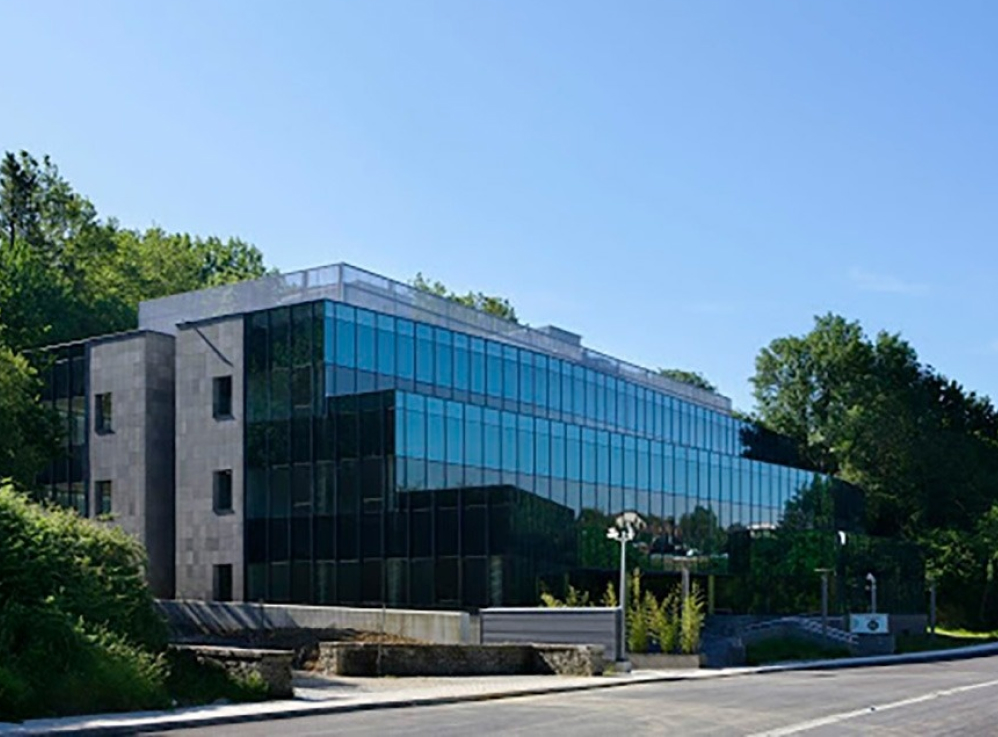
Graphenea
Graphenea Semiconductors: Graphenea Semiconductor (GSEMI) is a world leading graphene producer.
Graphenea’s facilities are located in Spain (San Sebastian) and a business office in the US (Boston).
The SME has a product portfolio consisting of different products of CVD Graphene films up to 200mm and fabrication of Graphene Field-Effect-Transistors chips (GFETs) and Graphene Foundry Services (GFAB) up to 150mm (Foundry services). GSEMI supplies materials to more than 1000 customers in more than 60 countries worldwide.
Access to resources is physically based in the Miramon Technology Park in San Sebastian where has 300m2 of laboratory including an ISO 7 clean room, 100 mm, 150 mm and 200 mm CVD reactors, automated graphene transfer process lines, optical wafer inspection, electron mobility equipment, characterisation techniques such as AFM, SEM, Raman, XRD etc.
GSEMI works in collaboration with end users in order to explore the potential of graphene in different applications. At present, the company is exploring the use of graphene in applications such as sensors, biotechnology and optoelectronics among others.
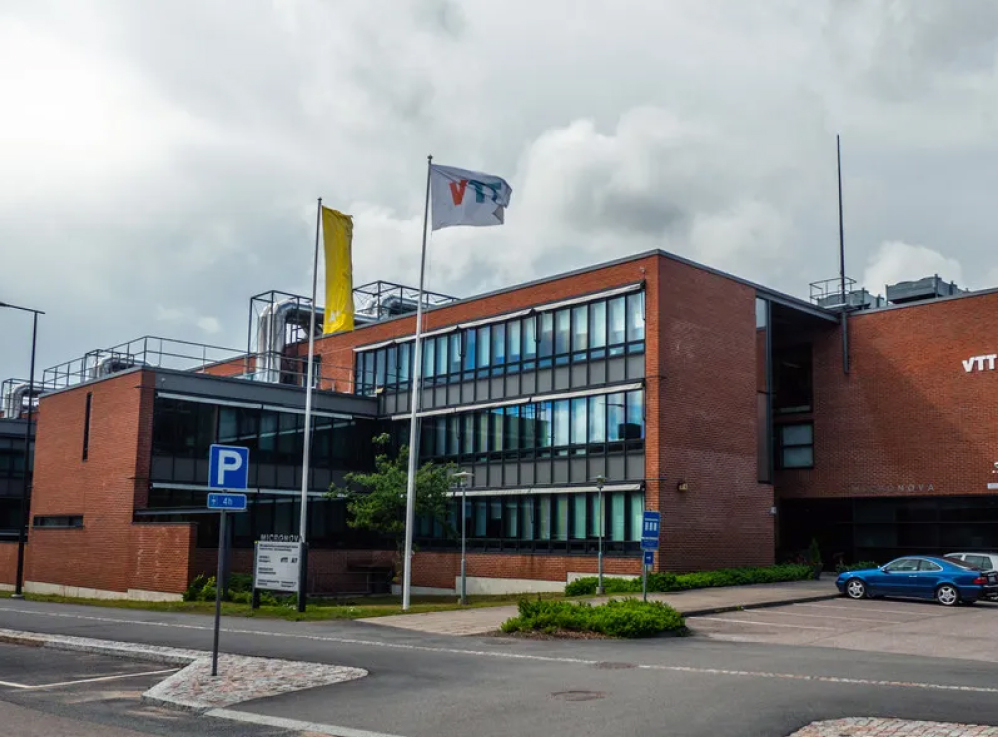
VTT
VTT Technical Research Centre of Finland Ltd is a state-owned non-profit research and technology organisation (RTO) with the aim of strengthening Finnish and European industrial competitiveness in multiple fields ranging from sustainable food and energy production to quantum computing.
As an RTO VTT acts between universities and industry, bringing basic research towards industrial adaptation and helping the industry in their R&D needs.
Graphene industrialisation at VTT is based on 2 600 m2 cleanroom in Micronova, Espoo, with a focus on wafer-scale CVD graphene process optimisation for electronics, photonics and sensors, including the integration on silicon CMOS for multiplexed sensor arrays. In addition to the MPW runs, VTT offers contract research, prototyping and small-scale manufacturing.
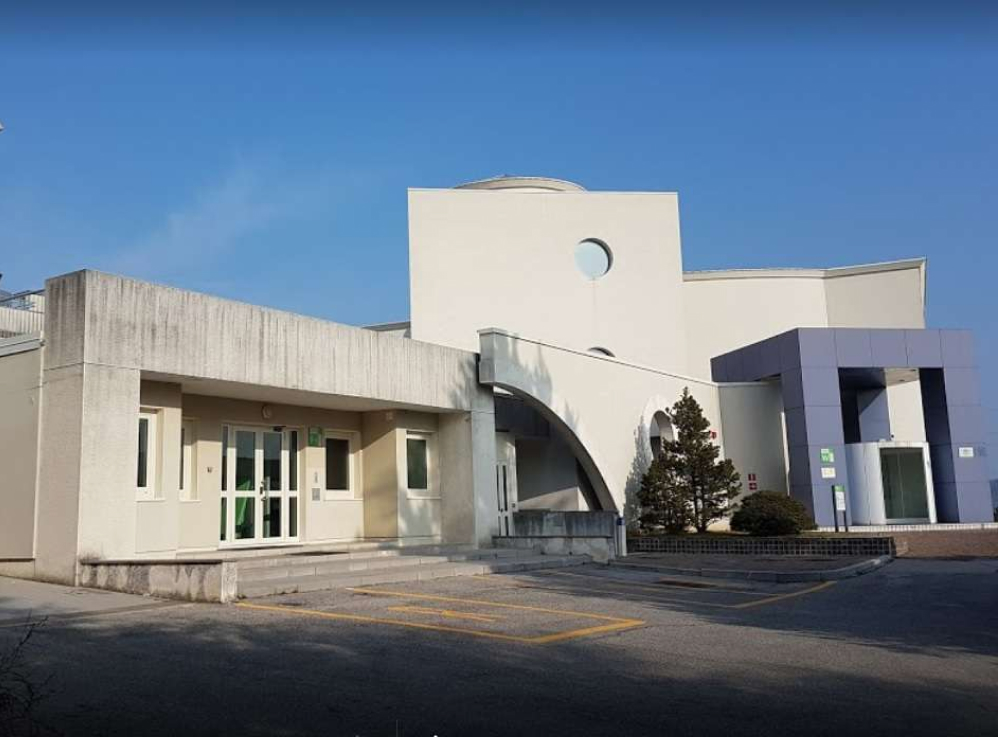
ICGEB
The International Centre for Genetic Engineering and Biotechnology - ICGEB is an autonomous intergovernmental organisation counting 68 Member States with the unique mandate of fostering research, capacity building and technology transfer in life sciences.
The Centre provides a scientific and educational environment of the highest standard and conducts innovative research with the ultimate goal of promoting sustainable global development.
Currently, 46 Research Groups at ICGEB headquarters in Trieste, Italy and at the two components in New Delhi, India and Cape Town, South Africa, carry out research programmes in the macro areas of Infectious Diseases, Non-Communicable Diseases, Medical Biotechnology, Industrial Biotechnology, Plant Biology and Biotechnology.
The Italy-based laboratory of Molecular Virology directed by Dr Alessandro Marcello with the help of Dr Tea Carletti and a team of international collaborators conducts basic research on the virus-host cell interaction, develops serology and molecular test for virus detection and conducts field trials in collaboration with ICGEB Member States.
Viral antigens and antibodies are produced and tested for the specific detection of pathogens of global relevance, including SARS-CoV-2 and arboviruses such as Dengue, WNV and Zika.
These tests are complemented by molecular multiplex assays in point-of-care format for rapid deployment in the field.
Virus isolation and characterisation is obtained in bio-containment level 3 facilities, also equipped for antiviral drug discovery.
Applied research and product development in the field of biotechnology is central to the core mission of the ICGEB, which anticipated the growing international recognition that biotechnology can offer practical and sustainable solutions for the rapid diagnosis and treatment of human disease.
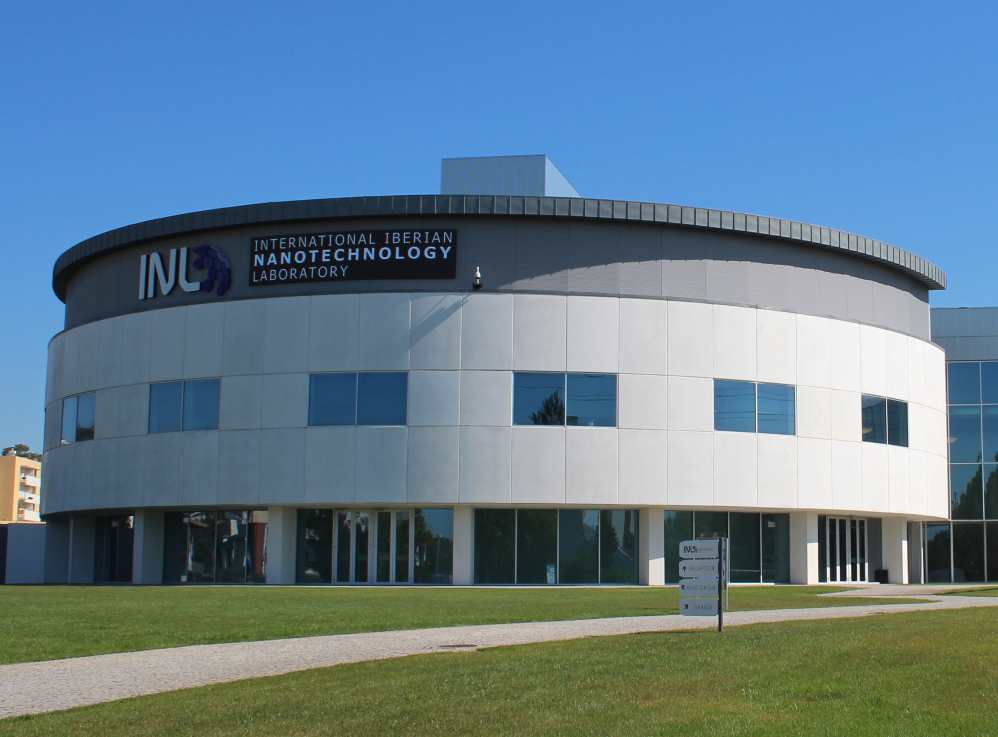
INL
INL, the International Iberian Nanotechnology Laboratory, is the first, and so far the only, fully international research organization (IGRO) in Europe in the field of nanoscience and nanotechnology.
Our mission is to perform cutting-edge research and development in applied nanotechnology, to address major societal challenges in the areas of clean energy, food, healthcare, information technology, sensing, materials and sustainable environment.
INL has over 400 researchers from 30 different countries in 24 different research and engineering groups. Research at INL benefits from state-of-the-art facilities, such as 1000m2 class 100 micro- and nanofabrication cleanroom and laboratories for electron microscopy and materials characterization.
The Medical Devices Research Group at INL is composed of four senior scientists, Sara Abalde, Lorena Dieguez, Alar Ainla, and Miguel Xavier, and several post-doctoral fellows, junior researchers, and doctoral- and master students, whose work is focused on the development of bioanalytical devices and methods based on micro- and nanotechnologies.
More specifically tackling isolation and quantification of biomarkers using microfluidic devices and bionanosensors (e.g. SERS) and developing advanced cell-based models systems (e.g. organ-chips).
In the context of FLUFET, the group will contribute to the development of microfluidic devices and biophysical methods based on them.
Alar Ainla, team lead of the FLUFET project at INL, has expertise in integrated microfluidic systems for life-science applications and membrane biophysics.
